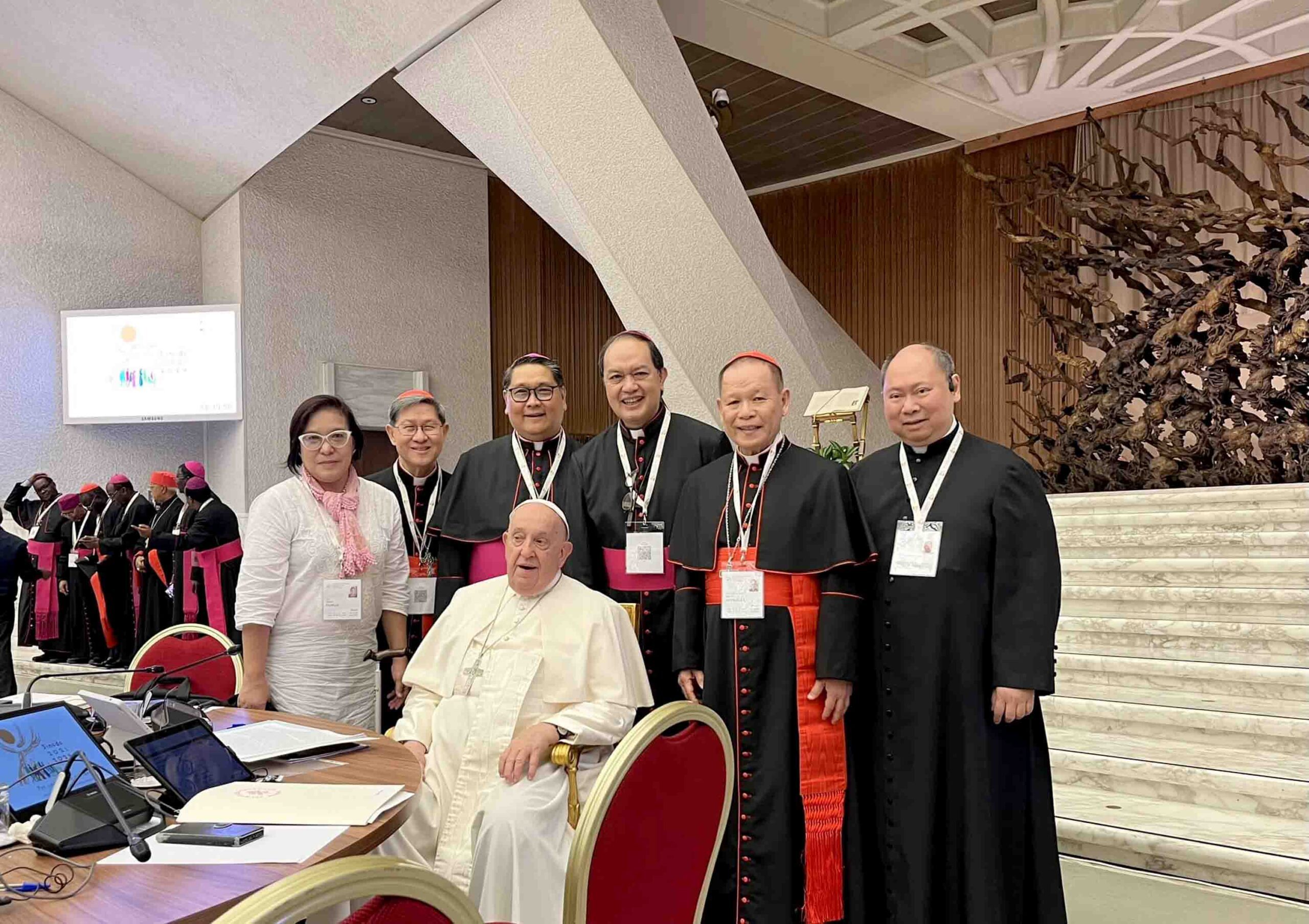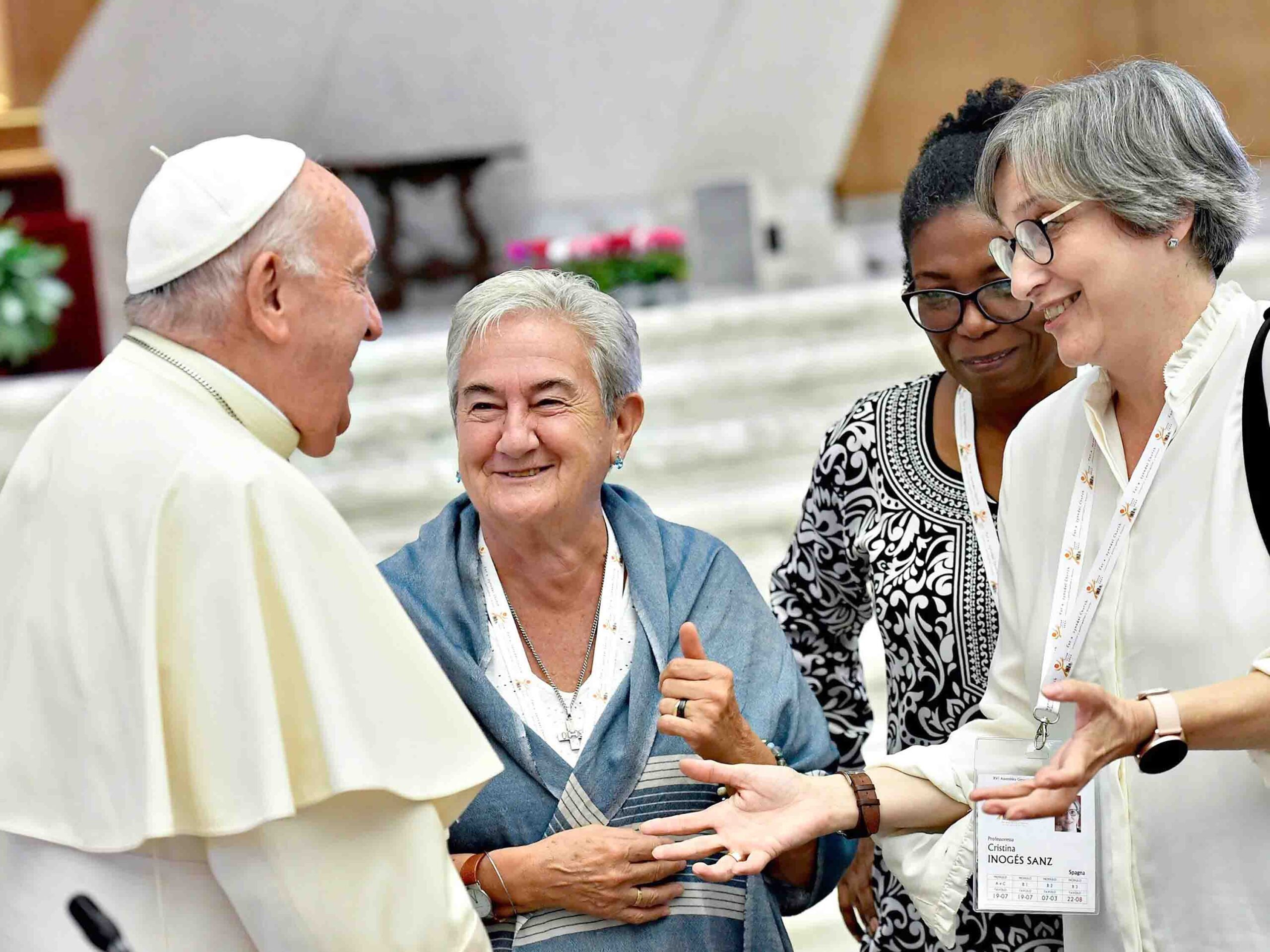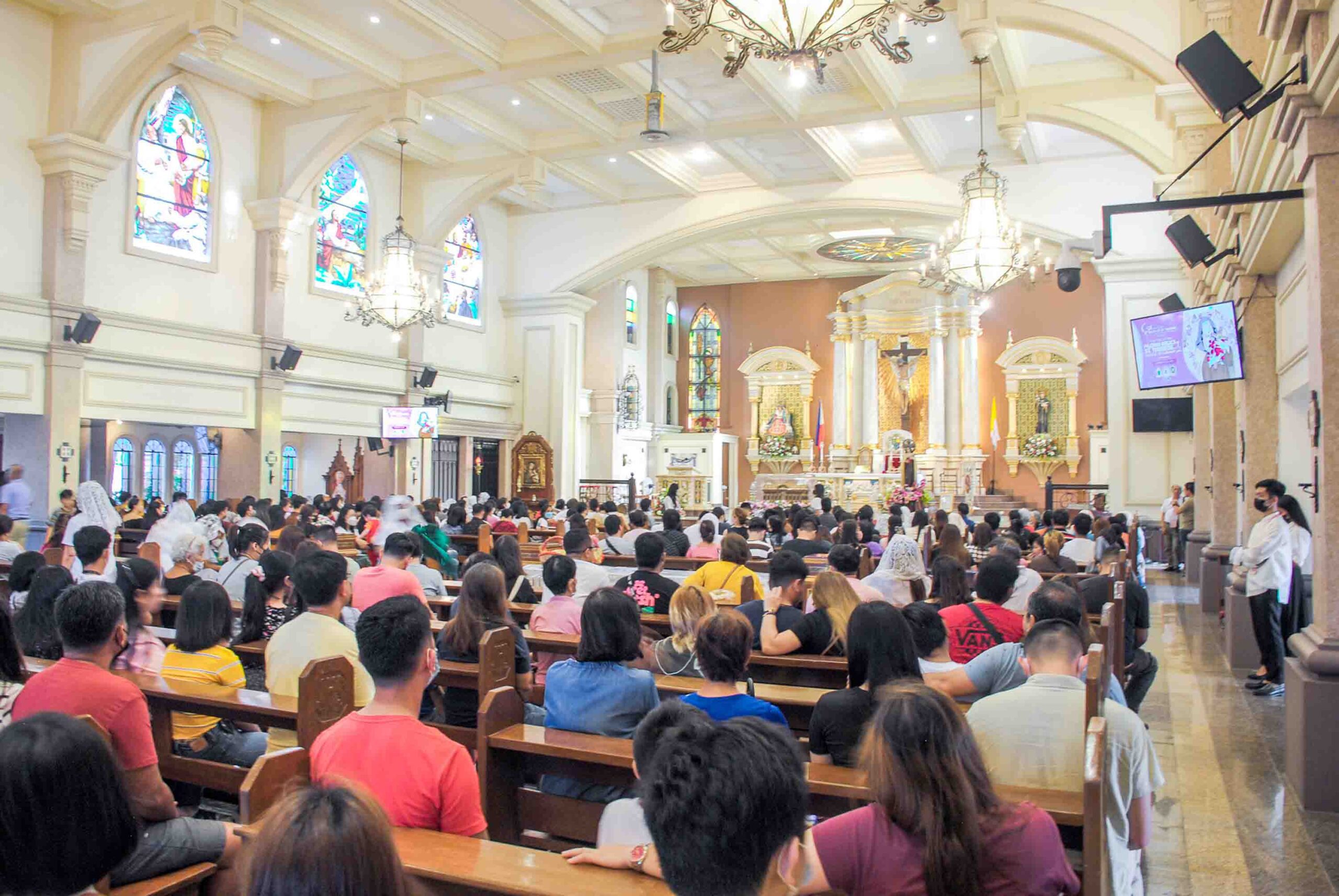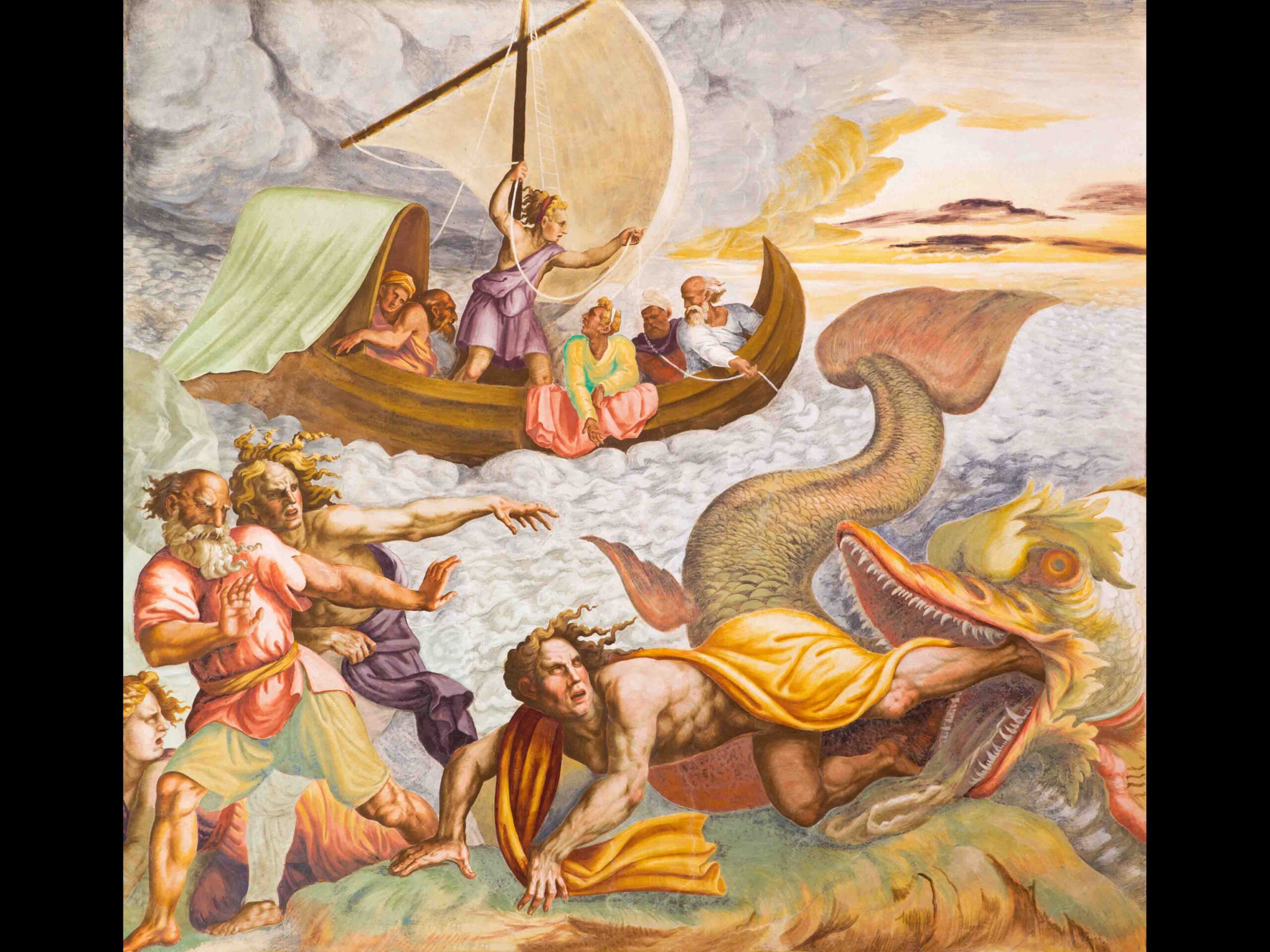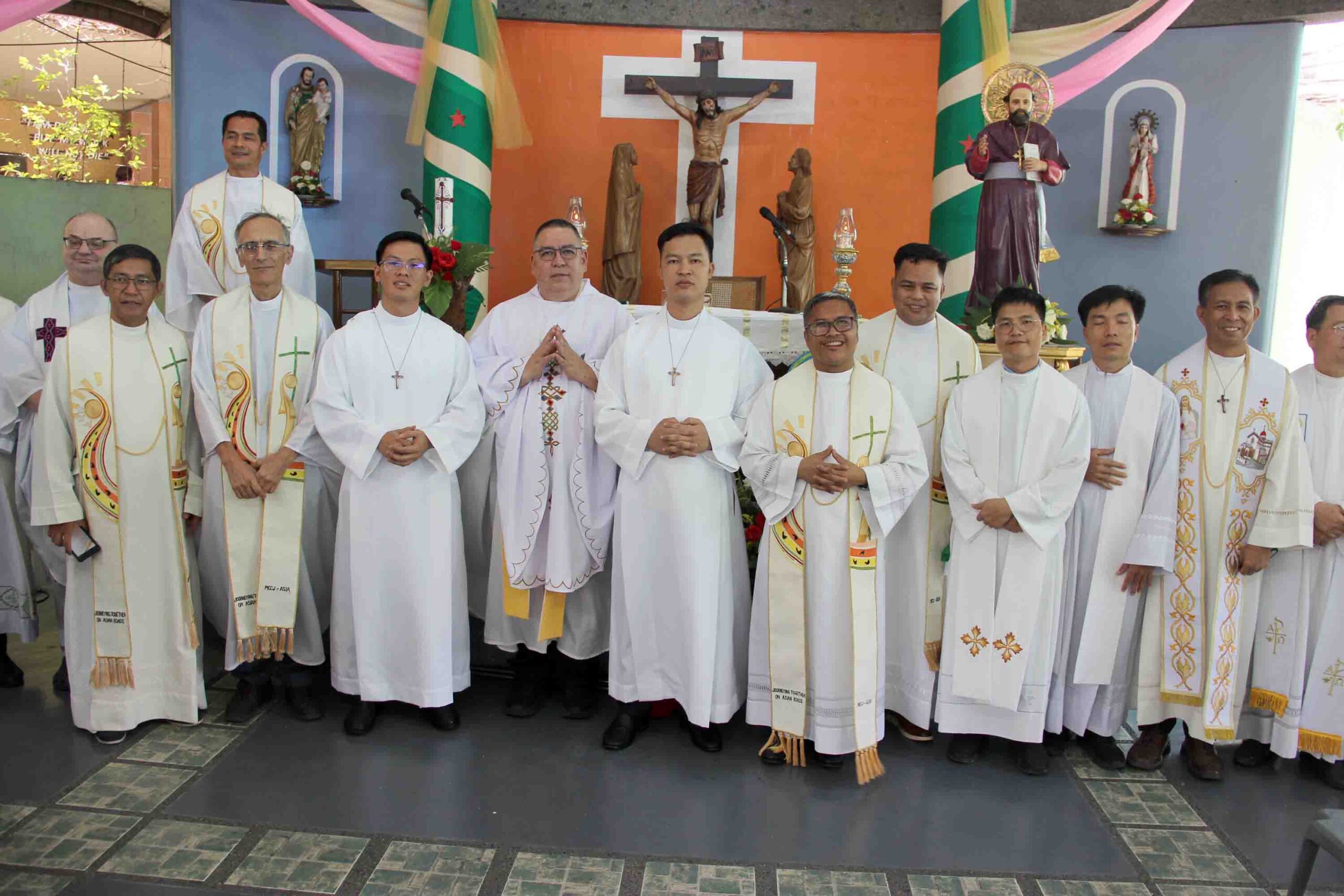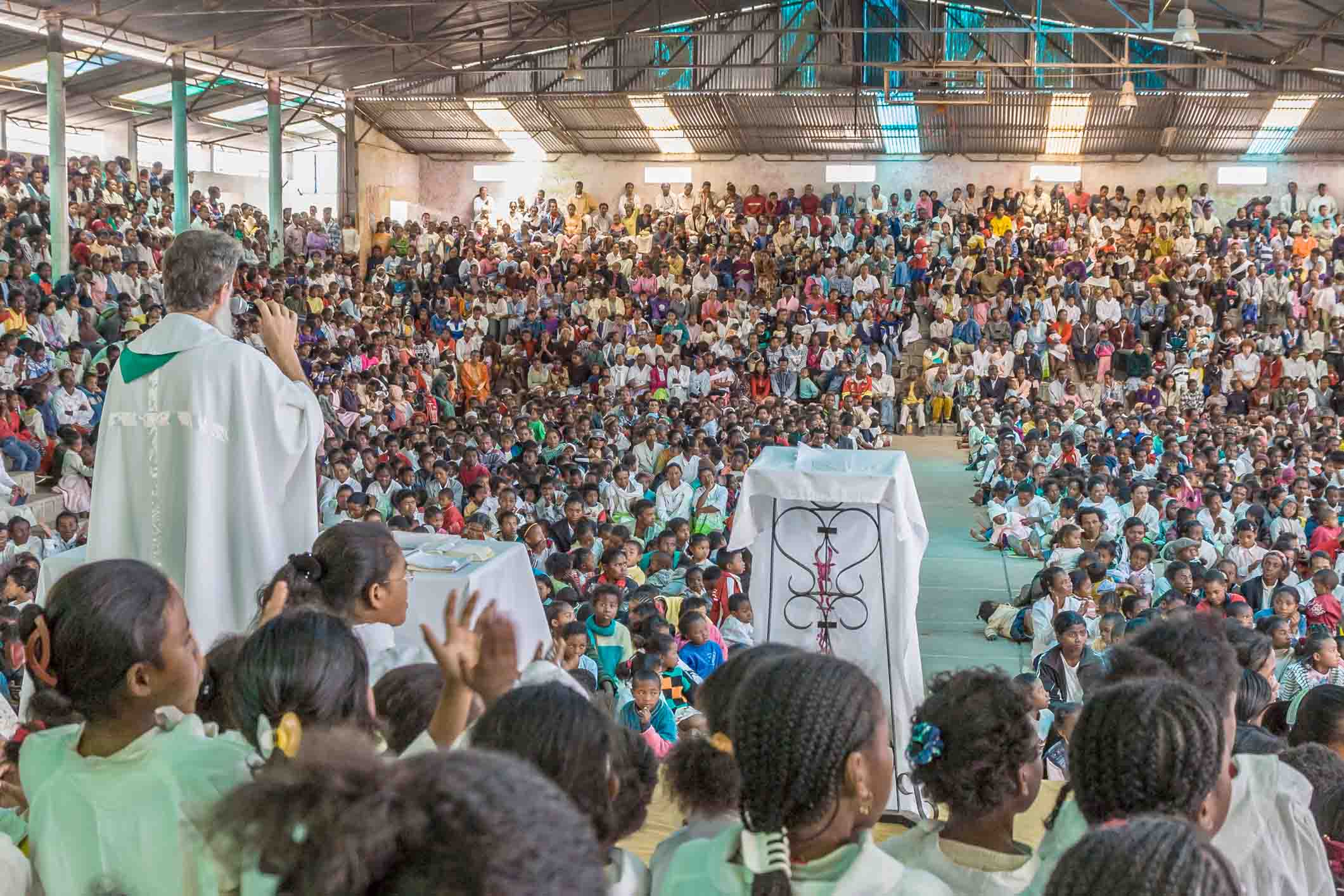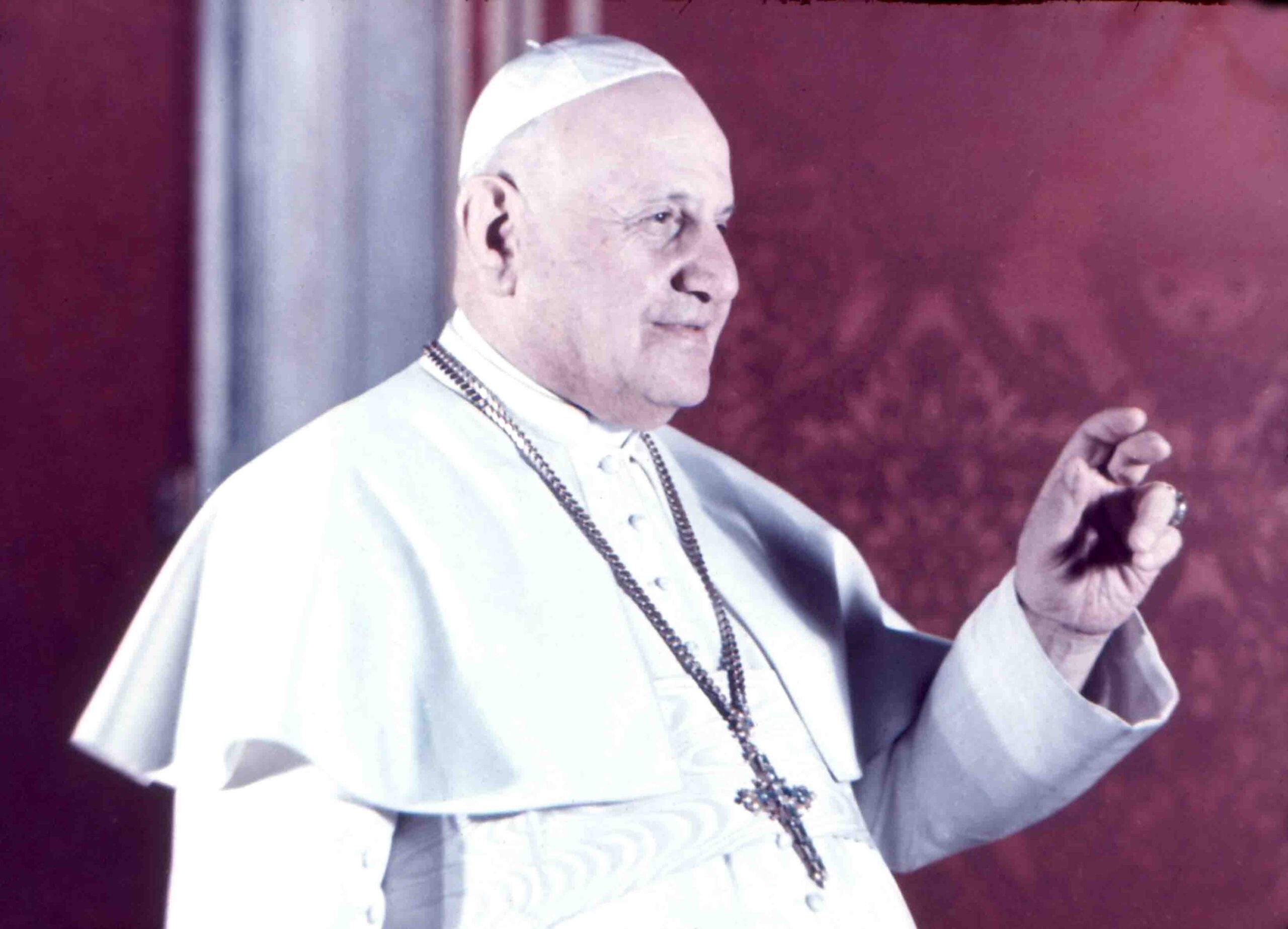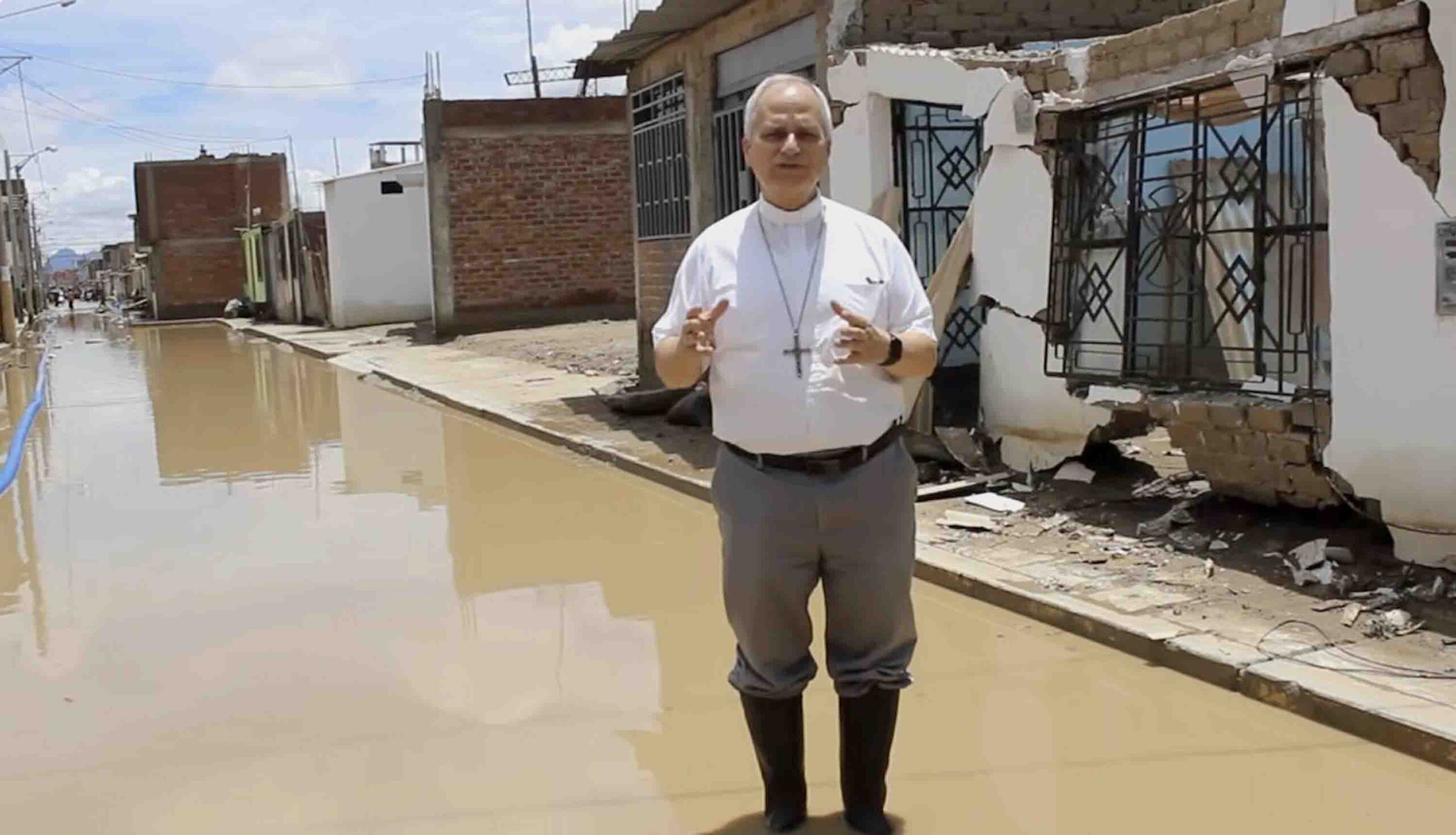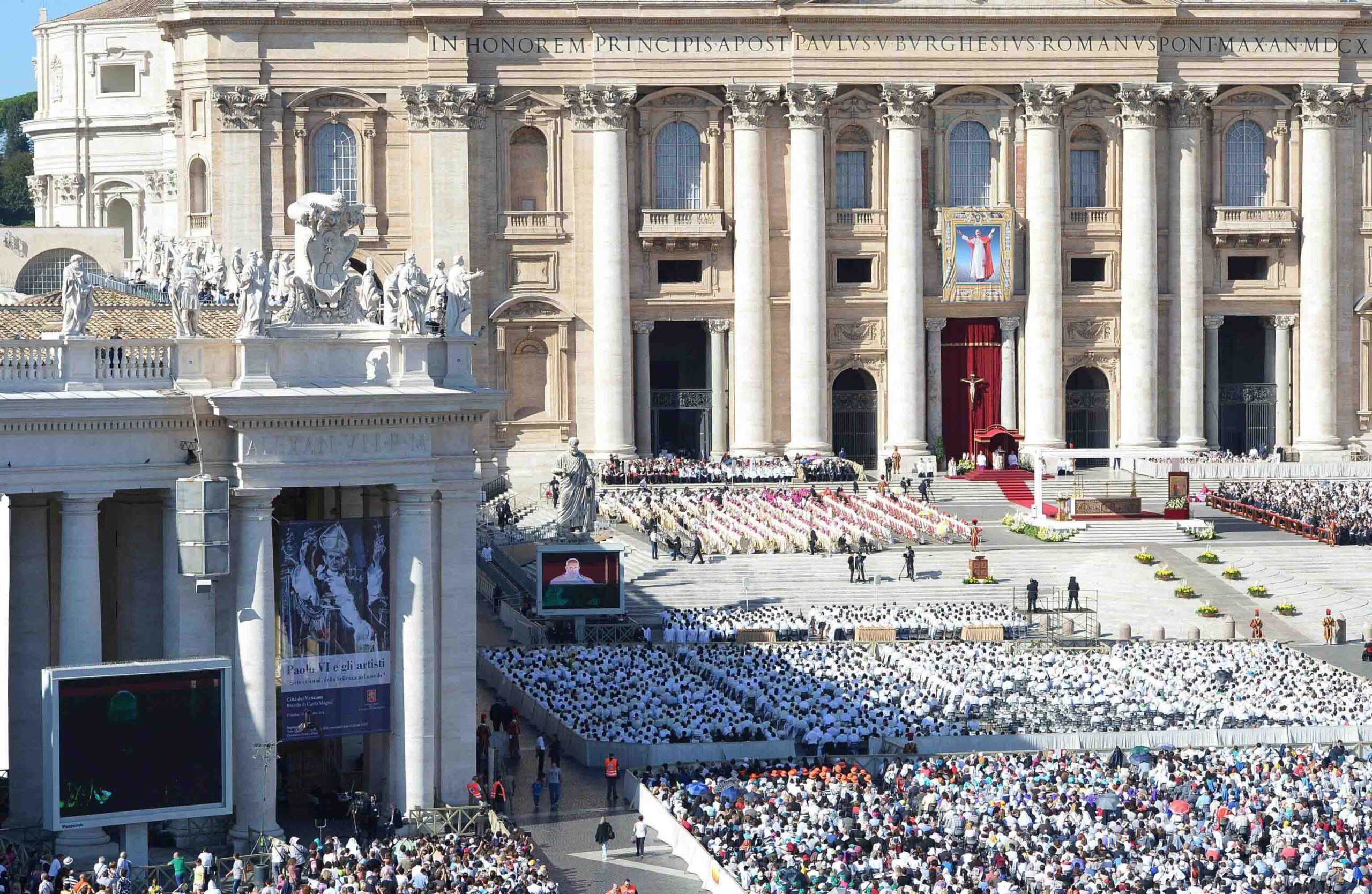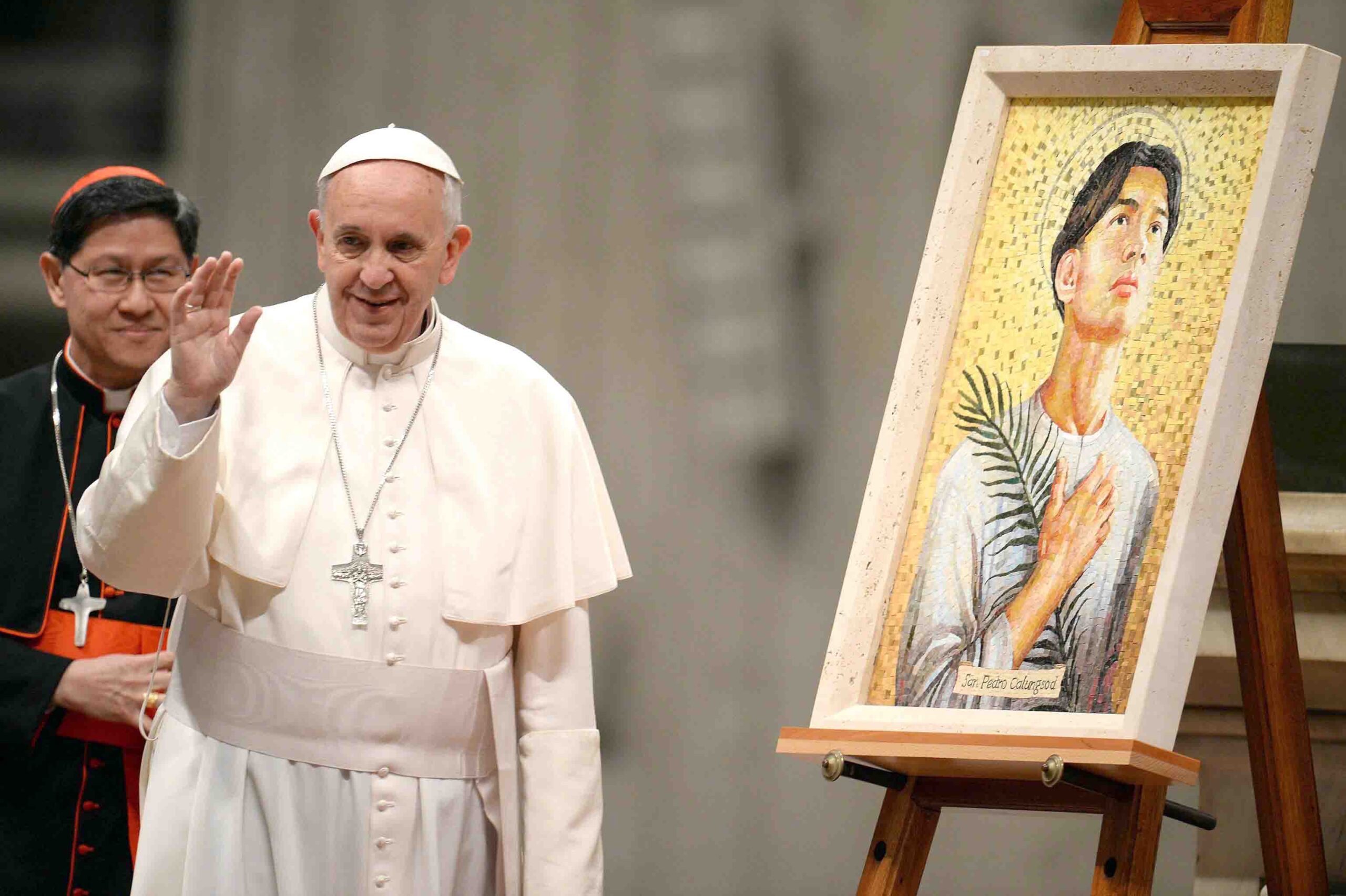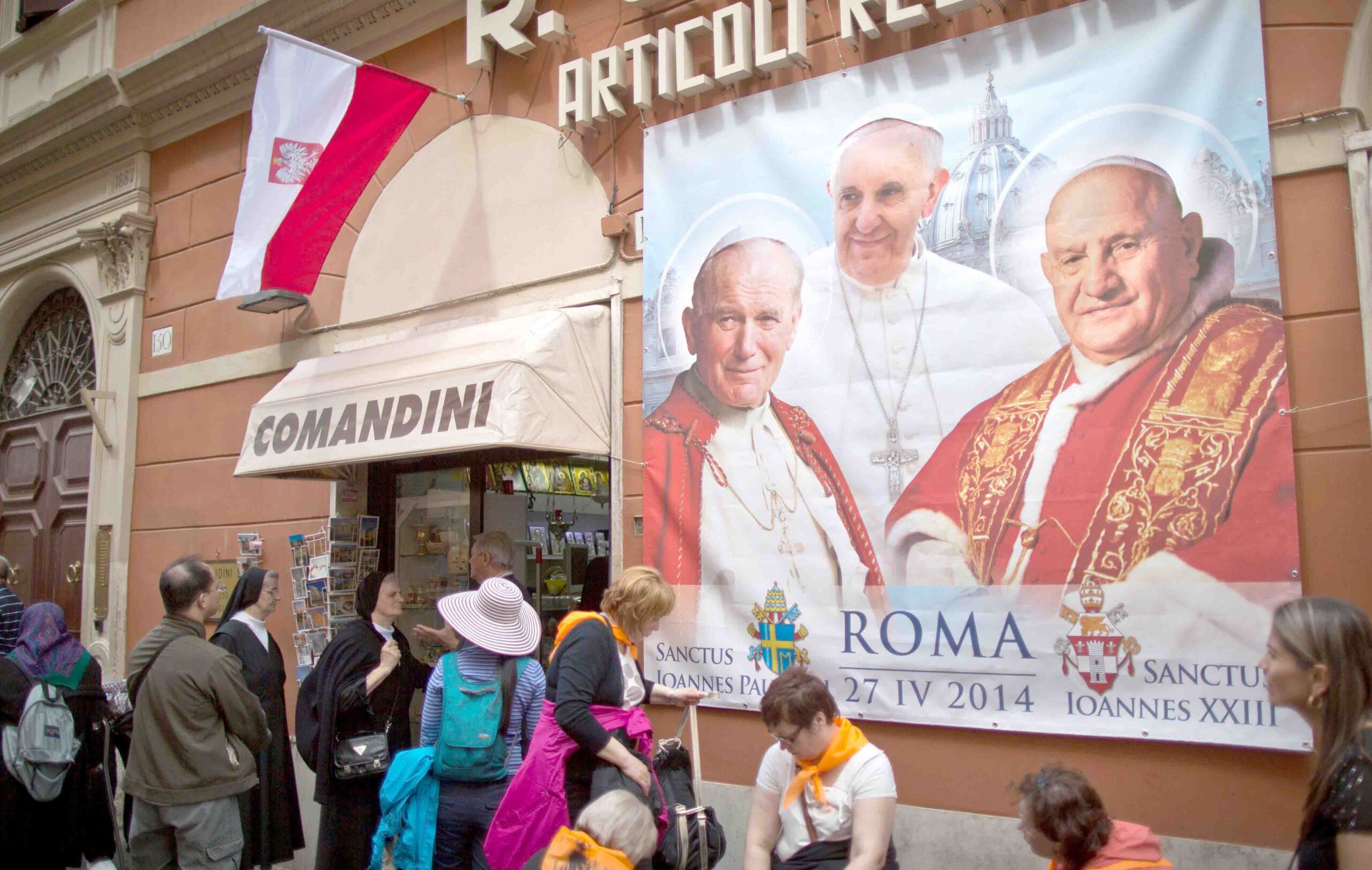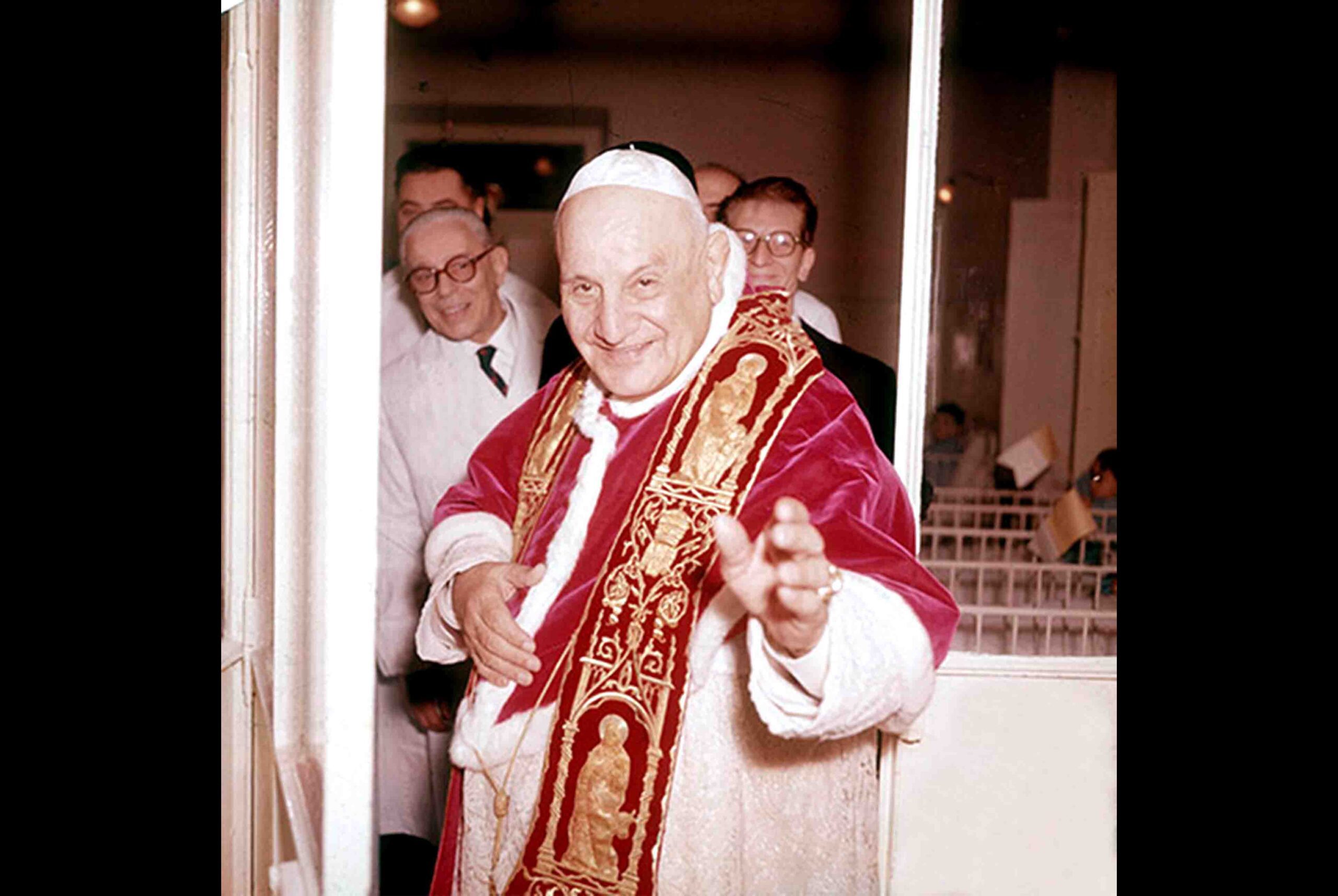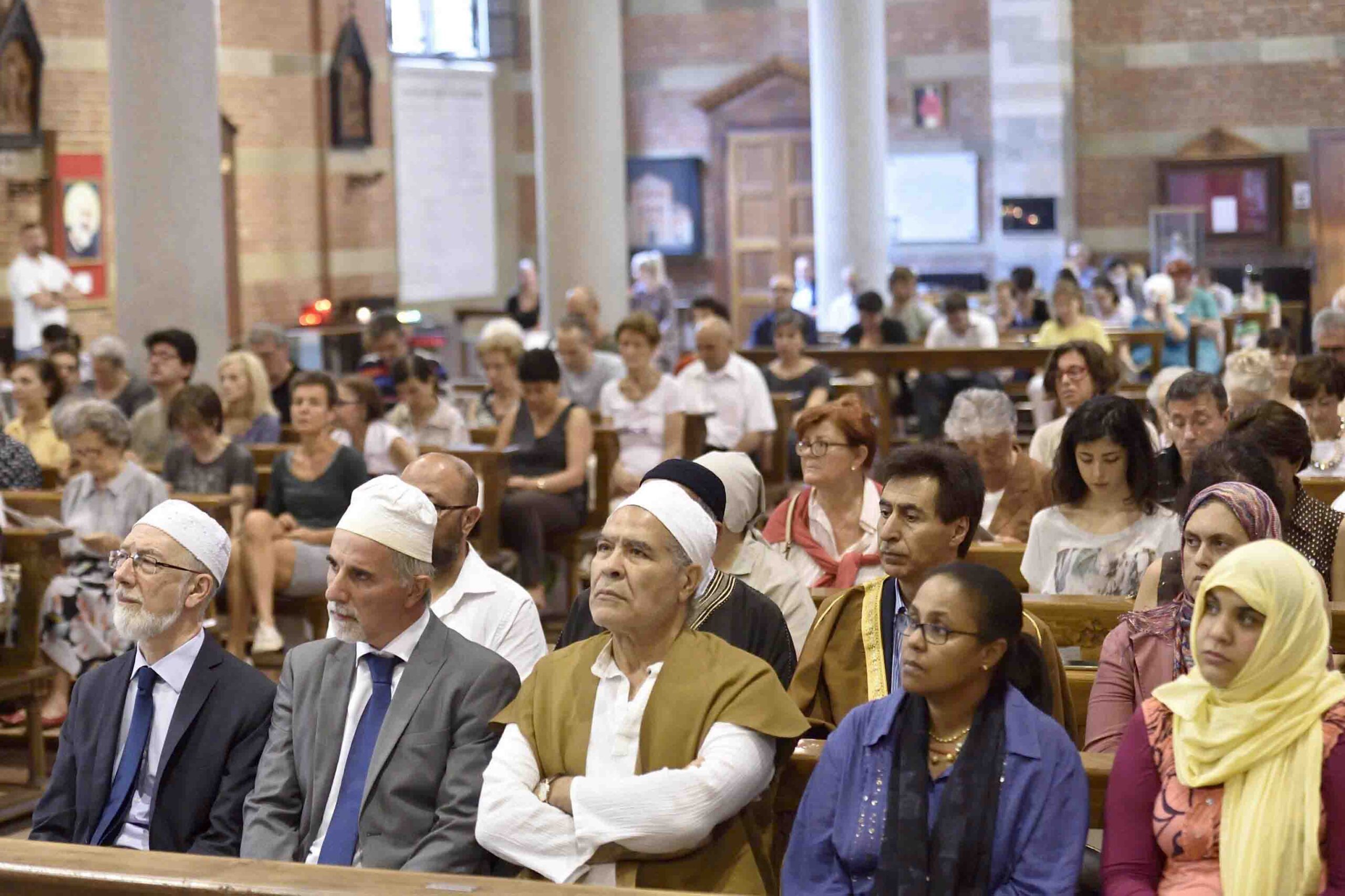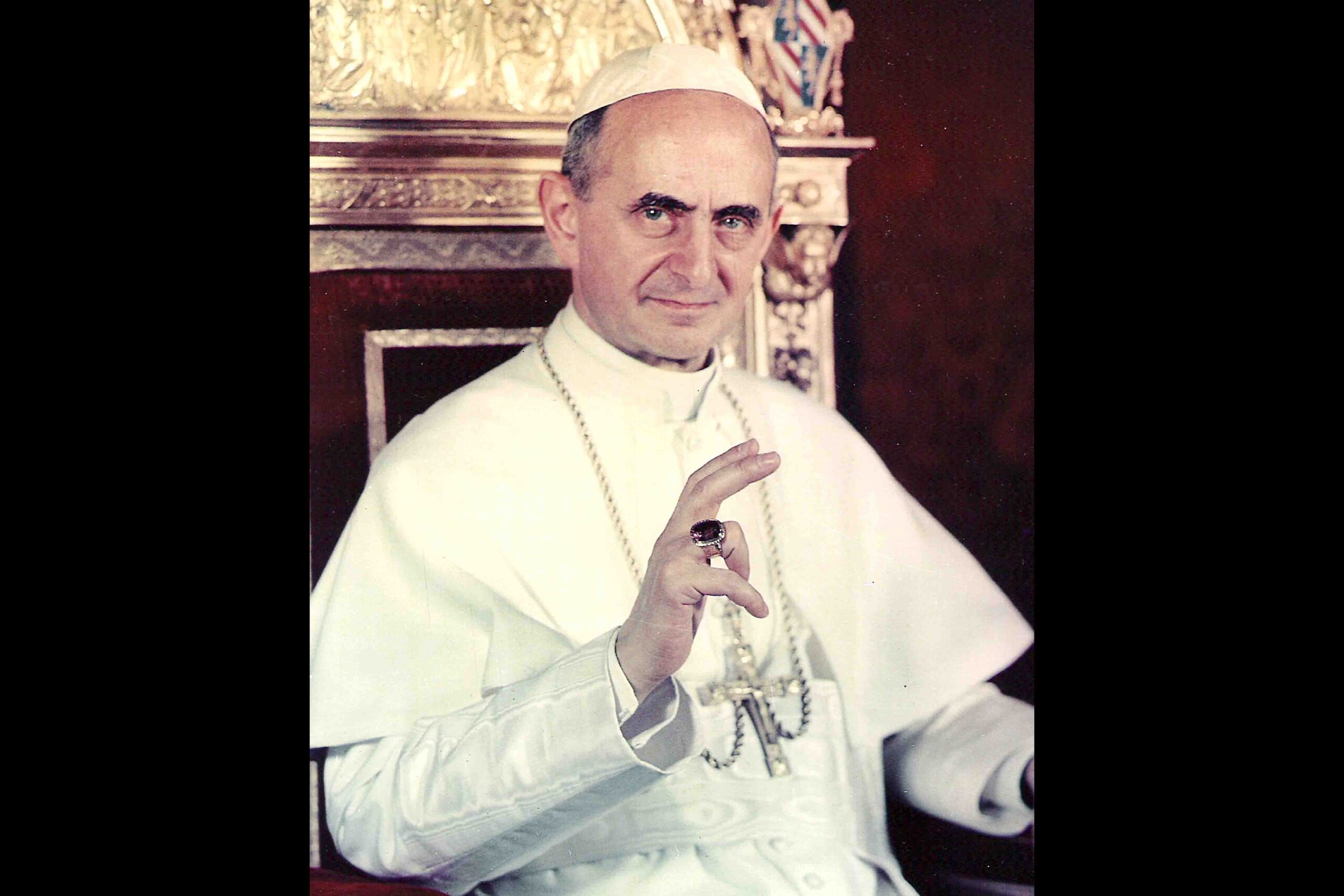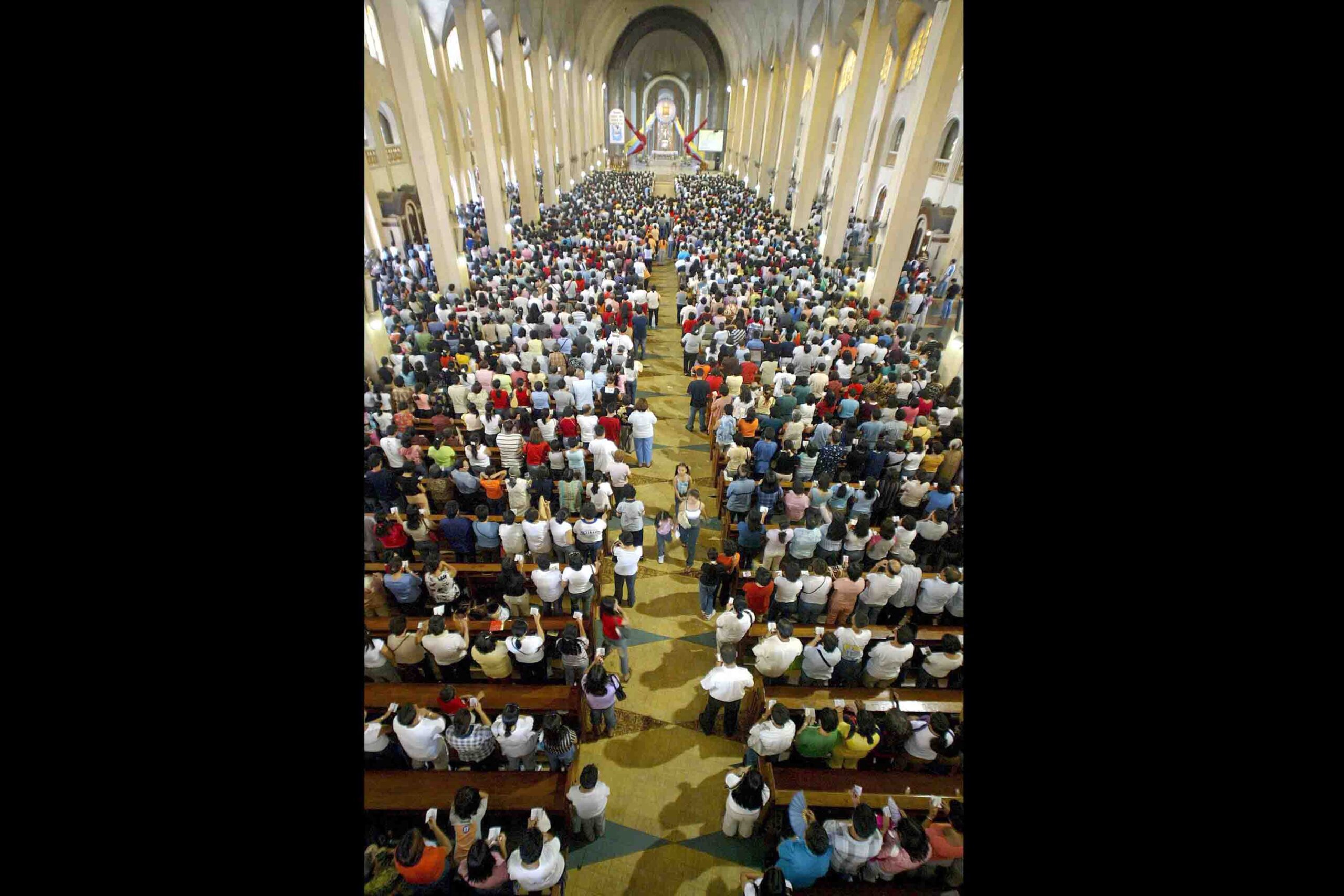The longest of the sixteen documents of Vatican II is Gaudium et Spes (GS) [Joy and Hope], the Pastoral Constitution on the Church in the Modern World. GS takes a comprehensive view of the Church’s mission in the world, calling her to engage in dialogue with contemporary society and its challenges. The Church is to bring her teaching and moral values to bear on a world often experiencing divisions, hatred, and injustice.
To achieve this daunting task, “the Church has always had the duty of scrutinizing the signs of the times and of interpreting them in the light of the Gospel” (GS, 4). Pope Francis frequently asks the Church to be attentive to “the prompting of the Holy Spirit who helps us together to read the signs of the times” (Evangelii Gaudium, 14). To engage in missionary evangelization today, one must continually “read the signs of the times” (EG, 108).
This “Church-World” dialogue is to engage all people: Catholics, other Christians, other religious believers, people of good will, and even those who oppose and oppress the Church. The dialogue is to be all-embracing and comprehensive; the goal is to “build up the world in genuine peace” (GS, 92).
Church’s Social Mission. The Council asserted that the Church must be involved with society, because she is endowed with “a function, a light, and an energy which can serve to structure and consolidate the human community” (GS, 42).
The motive for social involvement is eloquently and poetically expressed in the opening sentence of The Church in the Modern World: “The joys and hopes, the griefs and anxieties of people of this age, especially those who are poor or in any way afflicted, these are the joys and hopes, the griefs and anxieties of the followers of Christ” (GS, 1).
Continuing the Council. Since Vatican II, Church involvement in social questions has grown, spurred by papal “social teaching.” Some relevant papal documents are: Populorum Progressio [The Progress of Peoples] (Paul VI, 1967), Sollicitudo Rei Socialis [On Social Concern] (John Paul II, 1987), and Caritas in Veritate [Integral Human Development] (Benedict XVI, 2009).
Pope Francis’ third encyclical, Fratelli Tutti (2020), offers “a way of life marked by the flavor of the Gospel” (1); it seeks to “contribute to the rebirth of a universal aspiration to fraternity” (8). Francis also asserts: “A little bit of mercy makes the world less cold and more just.” We must avoid “the globalization of indifference”!
Church Involvement: Why? The Church has been given a mission by Christ; it is a mission of evangelization, often termed “renewed integral evangelization.” This means “bringing the Good News into all strata of humanity” (Evangelii Nuntiandi, 18). In short, all aspects of life (social, cultural, political, economic, environmental, etc.) are to be renewed and transformed with Gospel values. This mission is not an option; it is a duty for all Church members, not only bishops or clergy.
To preach the full Gospel means manifesting the moral and social implications of Christian faith; how does faith impact people’s lives? Christ’s Gospel of Love and his Gospel of Justice are one. The Church must both announce Gospel principles to guide people’s actions and denounce those concrete actions that are contrary to Gospel values.
Church’s “social mission”: Something new? Absolutely not! Jesus himself took sides with the “lonely, least, lost, little, and last” people of his society. One must forcefully assert that the Church has no ambitions of political power at the basis of its involvement. If she does have influence in the social context, she desires to use it for the service of humanity. John Paul II asserts: “Humanity is the primary route that the Church must travel in fulfilling her mission” (Redemptor Hominis, 14).
Instructing the Faithful. Here two points should be noted. Paul VI has written: “In concrete situations … one must recognize a legitimate variety of possible options. The same Christian faith can lead to different commitments” (Octogesima Adveniens, 50). In other words, Christians can choose different yet valid, concrete responses in living their faith.
Secondly, the Church has the serious responsibility to ensure the necessary formation of the consciences of the faithful so they will make responsible moral choices in socio-political matters. The Church’s mission of integral evangelization includes this important task.
Conclusion. The Vatican II Pastoral Constitution Gaudium et Spes marvelously amplifies the Church’s long tradition of social teaching, begun in 1891 with Pope Leo XIII’s Rerum Novarum. Prophetically, Pope Francis continues this admirable papal tradition.
The challenge remains for all Catholics to develop a “spirituality of social solidarity.” Such a spirituality will integrate deep faith, Christian charity, holiness of life, apostolic involvement, and a true love of God’s anawim–the poor.
James H. Kroeger, MM, served mission in Asia for over five decades; recently he authored Walking with Pope Francis; The Official Documents in Everyday Language (Paulines, Manila – 2023) and A Joyful Journey with Pope Francis (Claretians, Manila – 2024).





